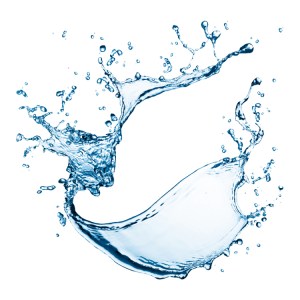Over the years, there have been concerns about drinking softened water due to the amount of sodium that exists within water having passed through a softening device. So, what is the truth? Is it safe? Have a read of this article to find out.
Why use softened water?
Firstly, let’s discuss why softened water is used. In some areas, you might encounter hard water, which contains high levels of magnesium salts and calcium which can lead to build up of limescale in appliances such as kettles or dishwashers. To avoid this, water can be put through softening equipment before being used.
However, whilst softened water may be a better alternative to hard water, the chemical processes used to soften water involves ion exchange, which takes the minerals of calcium or magnesium out of hard water and replaces it with sodium instead. Oftentimes when people hear sodium they assume this refers to table salt (sodium chloride) – but actually, these are two different things. In fact, sodium is a very key nutrient that helps the body to function.
Is it safe?
Typically, the amount of sodium in softened water is quite insignificant. However, if you lead a lifestyle that requires low-sodium intake for whatever reason, then you may want to consider the amount of salt you consume in food in order to accommodate how much softened water you drink. Or alternatively, consider not drinking softened water at all.
Similarly to the point above, if you find that you are calcium or magnesium deficient, it is worth evaluating your diet so you ensure you are getting these minerals in other forms. Minerals that do end up being extracted from softened water are found in other foods.
Ultimately, you don’t need to assume that softened water isn’t safe to drink. In most places in the UK, sodium levels of softened water will not exceed recommended limits, which is 200 mg/l. However, it is worth checking how hard the water in your area is. Very hard water will contain more calcium and magnesium ions which will in turn, require more sodium used as replacement. If you happen to live in a place with very hard water, it might increase your sodium intake above the recommended safe levels in which case, you may want to look into alternatives.



